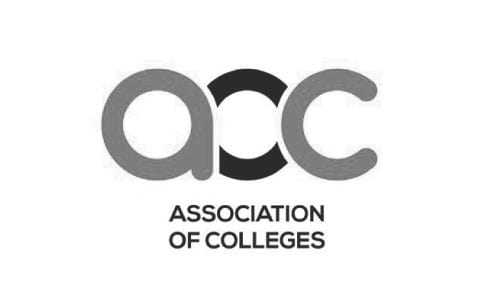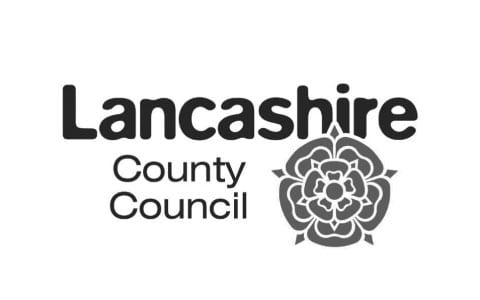We’ll be a greener and cleaner College Group post-pandemic
One of the striking things about the lockdown period, apart from the magnificent Spring we have been blessed with, is the many things we used to do in daily life that would have had a negative impact on the environment, that we have proven we can do in cleaner and more efficient ways.
The adaptation to using Zoom or having meetings on Microsoft Teams has been a smooth one, and it has brought with it environmental benefits – no travelling across the county, or country, from meeting to meeting. It has also meant a reduction on printing as departments across College have adjusted to the digital sphere, and I have now gone almost three months without printing a document.
Outside of work, I, like many others, have reconnected with nature through walking and cycling, and with World Environment Day on the horizon next Friday, the future of how we operate as a College Group is something that is on my mind.
I recently attended a meeting of the college’s Sustainability Group and I’m delighted that there are some very passionate environmental champions within it. I know last summer, in part as a result of attending Glastonbury, I returned to College with a climate changing fervour. I feel that we have a role to create good citizens, and that means encouraging our young people to care about the planet.
The virus has probably done more to support that cause than anything we could possibly have anticipated. It will be interesting to see how much of our new, more sustainable, behaviour under lockdown can be translated to what happens next, but my fervour to see a greener operating College Group has returned, and I’m encouraging colleagues to preserve the best practices when returning to normal in order to reduce our waste and environmental impact.
During lockdown, we have agreed that as a College Group we will no longer be purchasing any single use plastic bottles of water or other drinks. We will invest in providing additional water refilling stations for our students and staff, and this is essential progress and an overdue step forward.
Additionally, at our Nelson and Accrington campuses, we are undertaking development of wild flower meadows. Students will be involved in creating and maintaining these spaces to encourage wildlife and improve our environmental contribution. We are also considering the procurement of organic cotton clothing for student polo shirts and hoodies to reduce our environmental impact.
I feel re-energised to demand that we consider our sustainability credentials alongside the many challenges we face, and to consider the impact of the decisions we make going forward.
For now, continue to stay safe. Until next month, Amanda.














